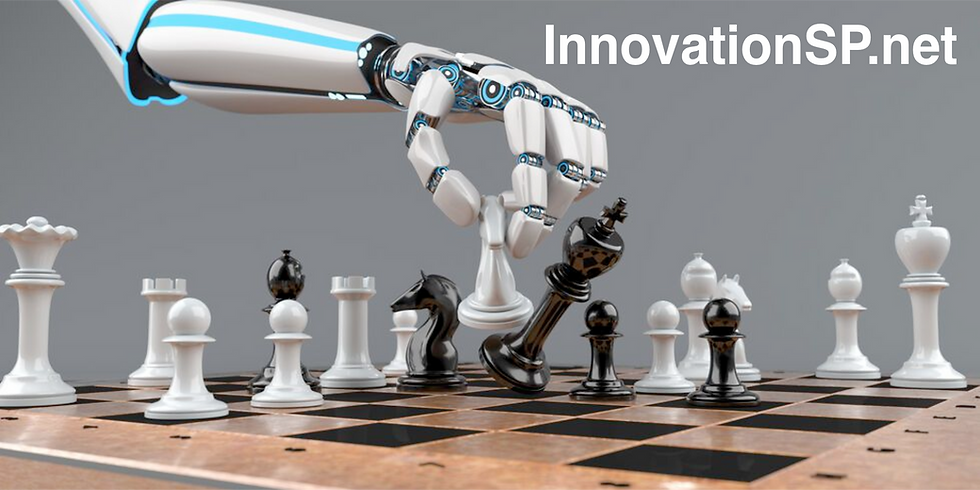AI is Upgrading the Rules of Chess for a More Entertaining Game (Why is this so Unsettling?)
- Gideon Samid
- Apr 16, 2023
- 2 min read
Recently chess surrendered to AI. The program chucked thousands of years of human wisdom, and instead, it just used the rules of the game to play against itself many times and thereby acquire the wisdom to dominate the game and become the unquestionable champion of the world.
And that is only the beginning. In a recent effort AI was asked to explore changes in the rules of the game. The purpose: to make the game more full of surprises, less predictable. So many games end up with a draw when no side outsmarts the other. Many more games are pretty much determined when even a slight material advantage is gained by one side over the other. After this advantage the game is laborious and boring with the disadvantaged side hoping for a counter-mistake that rarely comes.
It appears that some minor changes in the rules of the game, what pieces can do, will create a game where a seemingly weakened player can find a handle to flip things around. The evolutionary AI is using sports as a reference where in the last moments of a game, the team that was almost certainly defeated, is turning around with a stunning victory. This surprise upsets keep us riveted. It would be fascinating to have them in a chess match.
Will an AI-modified chess be attractive enough to shake up a 1400 years of chess history?
May be not. But the idea that AI is not only perfecting a game, but rewriting it is very profound and provoking. AI today helps lawyers perfect their court appearance under the given law, but effort is underway letting AI propose a better law. What is next: an AI-modified US Constitution?
We are using AI methodologies (InnovationSP.net) to wrap our mind around AI. Are we in a circular trap? It is so tempting to do what they do in quantum physics facing overwhelming mysteries: "Shut up and calculate!" they say. We say "Shut Up, and thread the next multi-dimensional feature space, set up the next BiPSA network, and let it run!" Hopefully we will still be around to see what happened.







Comments